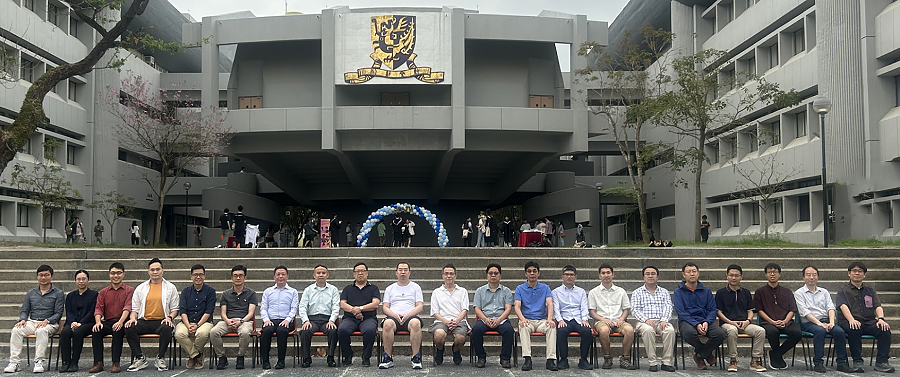Ian Matthew Morris (born 27 January 1960) is a British historian, archaeologist, and classicist widely known for his ambitious, long-range studies of human societies. Currently the Jean and Rebecca Willard Professor of Classics at Stanford University, Morris has become one of the leading voices in the field of “big history,” offering sweeping interpretations of how geography, technology, and social organization have shaped the development of civilizations.
Early Life and Education
Morris was born in Stoke-on-Trent, England, and studied Ancient History and Archaeology at the University of Birmingham, graduating in 1981. He went on to complete a Ph.D. at the University of Cambridge in 1985, with a thesis examining burial practices and social structure in early Athens (Burial and Society at Athens, 1100–500 BC).
Academic Career
After teaching at the University of Chicago, Morris joined Stanford University in 1995. Over the years, he has held numerous leadership roles there, including:
- Chair of the Department of Classics
- Director of the Stanford Archaeology Center
- Senior Associate Dean of Humanities and Sciences
He has also directed archaeological excavations in Greece, Britain, and Sicily, bringing hands-on fieldwork into dialogue with broad historical analysis.
Major Works
Morris is best known for books that span thousands of years and tackle fundamental questions about human progress:
- Why the West Rules—For Now (2010): Argues that geography, not innate cultural superiority, explains why Western civilizations have often dominated.
- The Measure of Civilization (2013): A companion to the previous book, presenting a “social development index” to quantify progress across time and space.
- War! What Is It Good For? (2014): Suggests that, paradoxically, warfare has historically fostered larger, more stable societies and reduced overall violence.
- Foragers, Farmers, and Fossil Fuels (2015): Explores how shifts in energy use drive changes in values, economies, and social norms.
- Geography Is Destiny (2022): A 10,000-year history of Britain and its relationship with Europe, written in the context of Brexit debates.
Key Ideas
Morris’ scholarship is distinctive for its blend of archaeology, history, and social science. Some of his central themes include:
- Geography as destiny: The physical environment shapes opportunities for technological and social development.
- Long-term patterns: Large-scale processes, not individual actions alone, drive historical change.
- War as a paradox: Despite its destructiveness, conflict has been a powerful engine for creating larger and more peaceful societies.
- Quantitative history: Using data and metrics to compare civilizations across eras.
Influence and Criticism
Morris’ work has sparked debate both inside and outside academia. Admirers praise his ability to synthesize vast amounts of evidence into accessible narratives, while critics argue that quantifying “social development” risks oversimplification. His arguments about war and geography, though provocative, have pushed historians, political scientists, and the public to rethink familiar assumptions.
Legacy
Ian Morris stands out as a scholar who bridges the gap between specialized archaeology and global history. By combining rigorous data with bold interpretations, he has helped bring big questions about humanity’s past—and its possible futures—into the center of public conversation. see recomendation here https://iandavidmorris.com/wp-includes/slot-gacor



